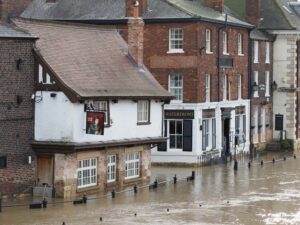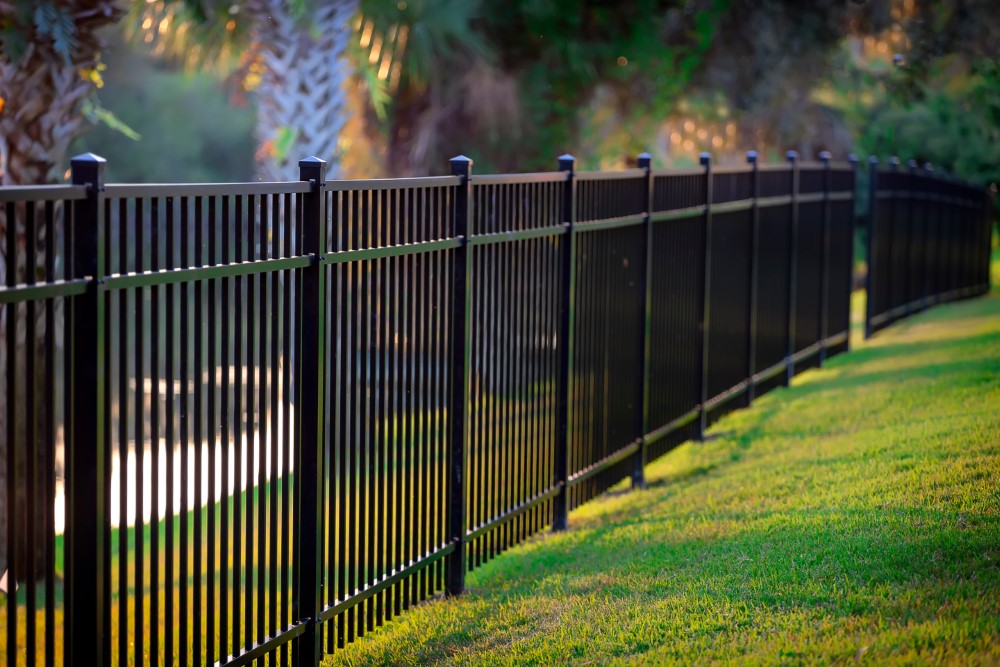8 Helpful Tips to Manage and Recover From Home Water Damage

 Flooding is one of the most common causes of home water damage. May it be a daunting flood or a simple broken pipe, recovering after experiencing water damage can be dismayed.
Flooding is one of the most common causes of home water damage. May it be a daunting flood or a simple broken pipe, recovering after experiencing water damage can be dismayed.
The list goes on, from removing mold, washing your soiled clothes, fixing or throwing away damaged toys, and probably the worst is to start tearing down walls. And it is easier to track your progress if you have an itemized list to tick off from time to time.
Therefore, we have rounded up eight helpful tips on managing and recovering from home water damage like a pro to keep you organized.
Family safety first before anything
First on the list is to make sure everyone in the family is safe.
If there is stagnant water somewhere in the house, leaving the electricity on is hazardous, as this can cause fire, or worse, may also cause the electrocution of one of the family members.
Therefore, as soon as it is safe to go out, it is essential to relocate everyone, including your pets, to a safe space before making any effort to repair things or even find the source of the water damage.
Locate the main source of water damage
As soon as your family vacates the house and the electricity is switched off, next on the list is to locate the source of water damage.
Check the whole length of the property’s water pipes, and inspect your basement for any stagnant water. Look out for any wall discoloration, or follow any dripping sound. Tackle the most challenging part of the house and manage it first before tackling any corners that you can easily handle.
If the problem is minute, you might need professional sound detection equipment to listen to any possible leaks from underground or from any hard-to-see areas.
Get rid of all moisture caused by water
After putting a stop to the source of the water damage, make sure to get rid of any excess moisture meticulously.
You must have access to better air circulation inside the house. Therefore, make sure to use all your properly working fans to make drying easier only if you are 100% sure that there will be no source of electrical shock. You may also leave the doors open between rooms as an added help. Take all your soiled carpets and rugs outside to dry before washing them.
Another hack to getting rid of moisture and removing any unpleasant smell is using a large-capacity dehumidifier to target both jobs.
Inspect for serious issues like mold
Next is to check for dreadful problems such as molds or mildew.
Molds produce irritants that can result in harmful reactions caused by allergens. They may grow on furniture if submerged in water for as little as 24 hours. And this is why getting rid of all moisture is an important step you should not miss.
According to the CDC, you can remove molds on hard surfaces with soap and water, readily available to any household.
Clear out dirt and debris
If the source of water damage is flooding, it generally includes debris such as tree branches, leaves, or even garbage that drifted away, and it is essential to clear all of them. There may be scraps that can cause even more damage to the property.
Next is to segregate belongings you can save and those you can throw away. These include clothes, rugs, furniture, toys, and other valuables. You can easily estimate what you need to replace right away.
Place the ones you decide to keep in a separate dry room or leave them outside to sun-dry.
Repair Water Damage
Now we go to the real deal: repair things that water damage destroyed.
You may need the help of a professional during this stage, such as fixing the broken pipes and replacing damaged sockets.
On the other hand, you can already DIY for simple jobs like replacing house fixtures, tearing down, and painting the walls. The hinges on the doors might need replacement too.
We suggest that you find your family a temporary house to move into while water damage restoration is ongoing as it would probably take weeks to months in general.
Disinfect remaining areas
After fixing the source of the water damage and clearing out all the stuff you need to replace, never skip disinfecting the remaining areas to eliminate harmful bacteria.
For textiles safe from chlorine, properly dilute the bleach by adding ten-part water into one part bleach. For washable clothes, you may opt for disinfectants such as Lysol. And for any other fabrics such as silk or wool, it is best to confide with a professional dry cleaner.
Keep the dehumidifier for as long as possible to remove any musty smell altogether. This hack ensures that no one will be diagnosed with any illness when the whole family moves back into the house again.
Clean, repair, and restore
Expect to do non-stop cleaning and endless repairs and restorations as you inspect one room after the other.
As it may become overwhelming, make sure to do one part of the house at a time. Again, do not be afraid to ask for professional help during the process to ensure you do not experience that same dilemma again in the future.
You may also need to contact your insurance company to bring a claims adjuster on site and document the total damage.
You may also have to replace your drywall, flooring, and even your insulation, so be ready for it. Do not forget to seal new windows and floorings to avoid future repair projects.
You may have to rethink your flooring at this point too. For example, ceramic tiles may be more durable and waterproof than wooden flooring. Again, tackle one room at a time to avoid getting overwhelmed.
Final Thoughts
In handling any emergency at home, it is vital to put a clear plan that you can quickly implement to stop further damage.
We have already put up the list for you, now is the time to address the issue head-on.






